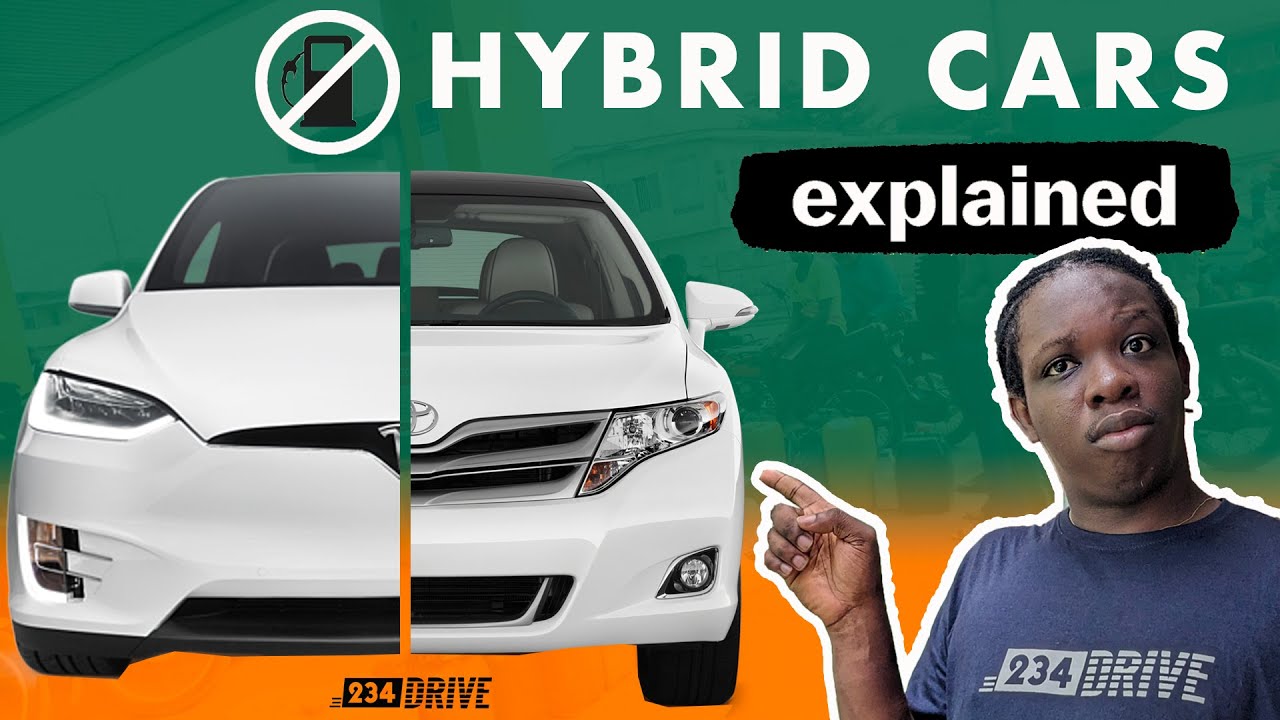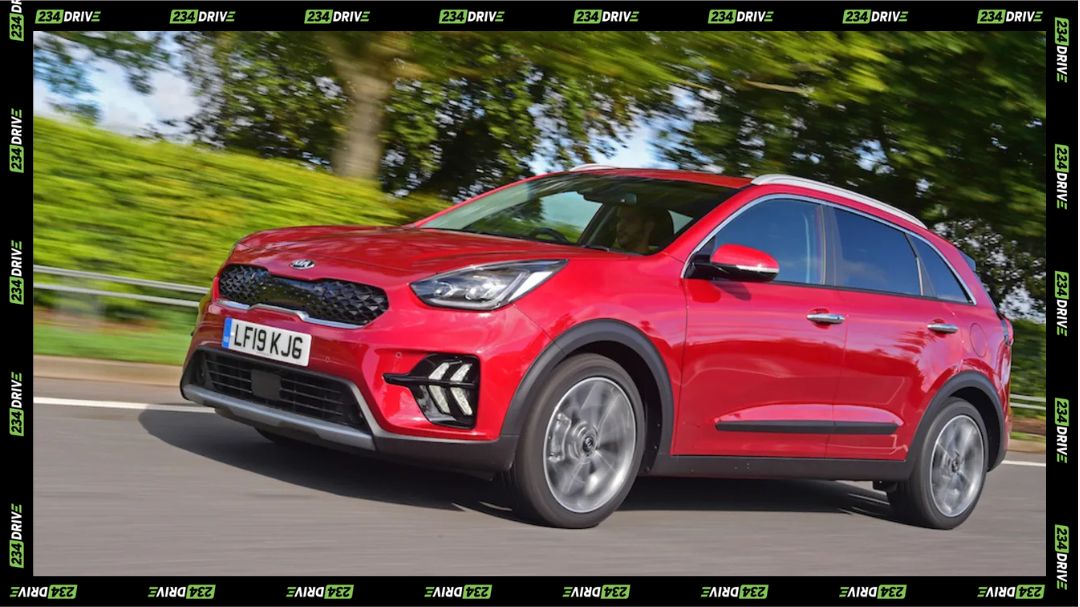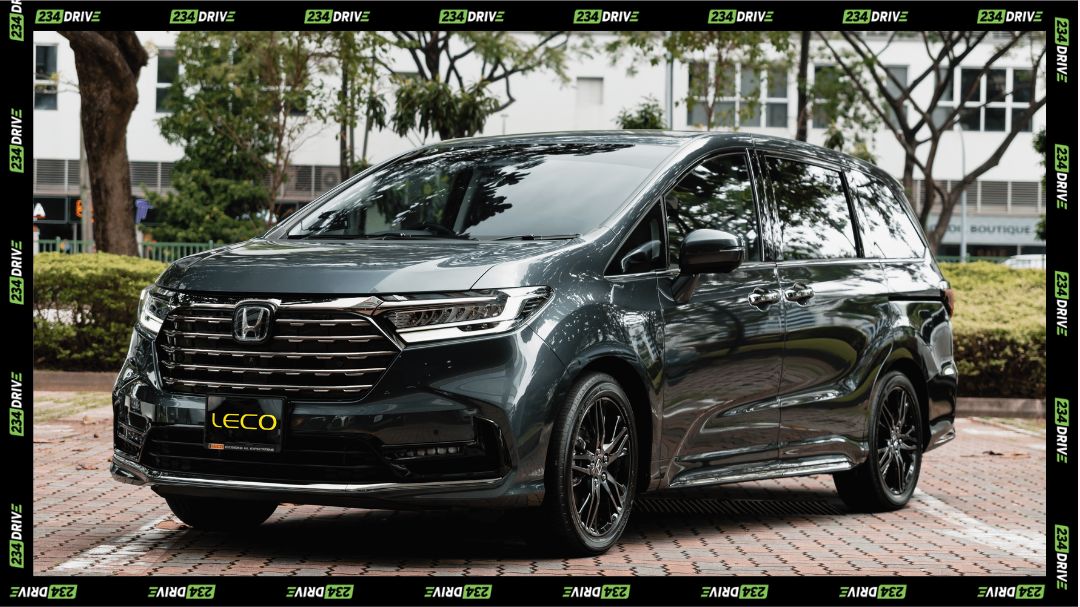Hybrid cars save fuel and offer smooth driving, but Nigeria’s heat, dust, traffic, and inconsistent fuel quality demand more attention than manufacturers assume. For owners of models like the Corolla Hybrid Car, Camry Hybrid Car, Prius, or Highlander Hybrid Car, the key to reliability is adjusting your maintenance routine to match local road and weather conditions.

These conditions make overheating, clogged filters, and battery stress more common, so a Nigeria‑focused approach helps you avoid costly failures and extend the life of your hybrid Car. The guide below breaks down the essential steps to keep your car running efficiently on Nigerian roads.
General Maintenance Schedule For Hybrid Car Cars
Short‑Interval Maintenance
Hybrid cars in Nigeria need more frequent short‑interval servicing because heat, dust, and traffic strain the engine and electric components. At roughly 5,000 km, the engine oil and filter should be replaced to counter faster oil breakdown caused by high temperatures. Air filters also clog quickly in dusty areas, so replacing both the cabin and engine filters keeps airflow clean and reduces strain on the cooling system. During this interval, technicians should inspect brakes, fluids, underbody components, and the inverter and engine coolant levels. This early‑stage servicing prevents overheating and maintains smooth transitions between the petrol engine and electric motor.
Mid‑Range Maintenance
As mileage increases to around 24,000–48,000 km, the car requires deeper inspections to ensure its mechanical and hybrid car systems remain stable. Nigeria’s poor roads make checks on drive shafts, suspension, ball joints, and steering linkages essential. Cleaning the cooling fans becomes important at this stage because dust accumulation can restrict airflow to the inverter and battery pack. Transmission fluid inspection also helps catch early signs of wear. For fuel‑related issues common in Nigerian PMS, adding a high‑quality EFI cleaner at mid‑range intervals reduces injector clogging and keeps the Hybrid Car engine running smoothly.
Long‑Interval Maintenance
Beyond 80,000 km, long‑interval servicing focuses on system replacements that preserve the long‑term health of the Hybrid Car drivetrain. Coolant replacement for both the engine and inverter becomes necessary earlier in Nigeria due to accelerated coolant degradation from heat. Brake fluid changes, spark plug replacements, and vacuum pump inspections also form part of this stage. By 120,000 km, a comprehensive hybrid car battery health scan is recommended to identify weak cells, cooling issues, or early signs of electrical imbalance. These long‑interval actions ensure the hybrid car system remains efficient, and prevent costly failures as the vehicle ages.
Common Hybrid Car Problems in Nigeria and How to Avoid Them
1. Battery overheating
Battery overheating is one of the most common issues hybrid car owners experience in Nigeria. Dusty roads, blocked cooling vents, and trapped heat make the high‑voltage battery work harder than intended. When the cooling fan gets clogged with dust or debris, airflow drops, causing temperatures inside the battery pack to rise quickly. Once that happens, performance drops, fuel economy suffers, and the car may start relying more on the petrol engine.
You can prevent this by cleaning the battery cooling fan at least once a year, or more often if you drive on untarred roads. Keeping the interior vents clear and avoiding heavy loads against the rear seat also helps airflow. Parking in shaded areas reduces heat exposure, and regular hybrid car‑system scans help detect early signs of battery stress before they become expensive problems.
2. Inverter pump failure
The inverter pump keeps the Hybrid Car inverter cool by circulating coolant. When it starts failing, the inverter overheats, leading to sudden loss of power or warning lights. Nigerian road conditions make the pump work harder, increasing the chances of early failure. Drivers often mistake inverter overheating for battery issues, but both are directly linked to coolant flow.
Preventive maintenance is the safest approach. Inspect the inverter pump at every service, and listen for unusual pump noise when the car switches to EV mode. Replacing coolant on time also reduces pump wear. Ignoring early signs may result in complete inverter shutdown, which is costly to repair.
3. Fake air filters
Fake or low‑quality air filters are common in Nigerian markets, and they cause major problems for Hybrid Cars. These filters restrict airflow, forcing the engine and cooling system to work harder. Poor filtration also lets dust enter the engine bay, contributing to overheating and reduced performance. Many hybrid car owners unknowingly damage their cars by using cheap filters.
Using only OEM filters protects the engine, improves fuel economy, and ensures the hybrid car system doesn’t overheat due to restricted airflow. Ask for filters with verifiable serial numbers and buy from reputable suppliers. It’s a small investment that prevents bigger engine and cooling failures later.
4. Poor fuel quality
Nigeria’s inconsistent fuel quality can clog injectors, disrupt combustion, and cause the hybrid car to transition roughly between electric and petrol modes. Hybrid car engines rely on clean fuel for smooth start‑stop operation, and contaminated fuel reduces injector efficiency over time. Drivers may notice misfires, delayed throttle response, or unstable idling.
To reduce the impact of poor fuel, use a high‑quality fuel system cleaner every 10,000–15,000 km. Stick to reputable filling stations and avoid buying fuel from roadside vendors. Regular injector servicing also helps maintain smooth Hybrid Car transitions and extends the lifespan of the engine‑motor system.
5. Brake wear
Hybrid Cars rely on regenerative braking to recharge the battery and reduce wear on brake pads. But when the regenerative system isn’t working properly, the car shifts more braking force to the mechanical pads, causing them to wear out much faster. Nigerian traffic conditions only increase this wear when regen fails.
Scanning the hybrid Car system regularly ensures the regenerative braking system stays functional. If you notice reduced braking performance or faster‑than‑usual pad wear, check the regen system immediately. Early diagnosis prevents costly brake repairs and keeps the Hybrid Car battery charging efficiently during daily driving.
Driving Habits That Extend Hybrid Car Life
Small changes go a long way.
- Accelerate gently; Hybrid cars reward smooth driving
- Don’t drive through deep water (damages underbody sensors)
- Avoid idling for long periods with AC maxed out
- Inflate tyres properly to reduce battery stress
- Clean vents and filters more often if you live in dusty areas
Signs Your Hybrid Car Needs Immediate Attention
Stop driving and diagnose if you notice:
- Sudden drop in fuel economy, which usually signals battery imbalance, cooling issues, or engine‑motor coordination faults.
- Unusual battery fan noise, often caused by dust buildup or an overheating battery pack.
- Warning lights such as the triangle or “check Hybrid Car system,” indicating the car has detected a fault in the Hybrid Car components.
- Jerky transition between engine and motor, a sign that regenerative braking or inverter control may be malfunctioning.
- Rapid battery percentage drops, pointing to weak cells or cooling restrictions.
- Loss of power during acceleration, which happens when the inverter or battery cannot supply enough voltage.
Final Advice for New Hybrid Car Owners
Hybrid cars are some of the most reliable vehicles on Nigerian roads when maintained properly. They save fuel, last long, and deliver smooth driving, but only if the battery cooling system, coolant, and filters stay clean.
Follow the Nigeria‑adjusted schedule, use genuine parts, and stick to certified hybrid car specialists. With good habits, your hybrid car can last over 300,000 km while staying efficient.
This maintenance guide gives you a clear road map to keep your hybrid car running strong in Nigerian conditions. Consistency is what makes the difference.









